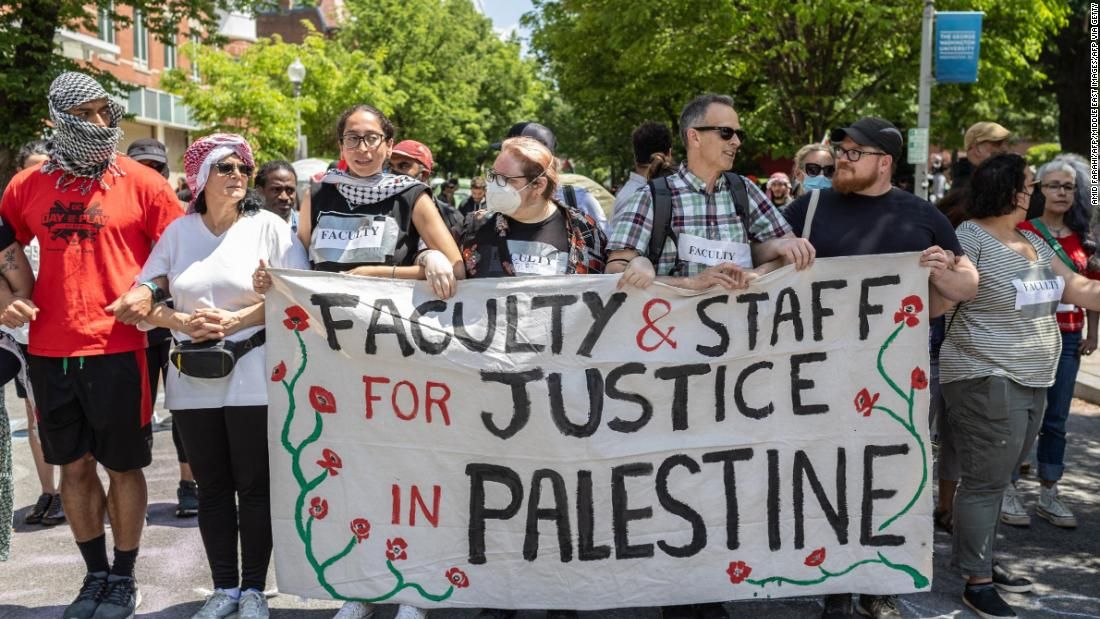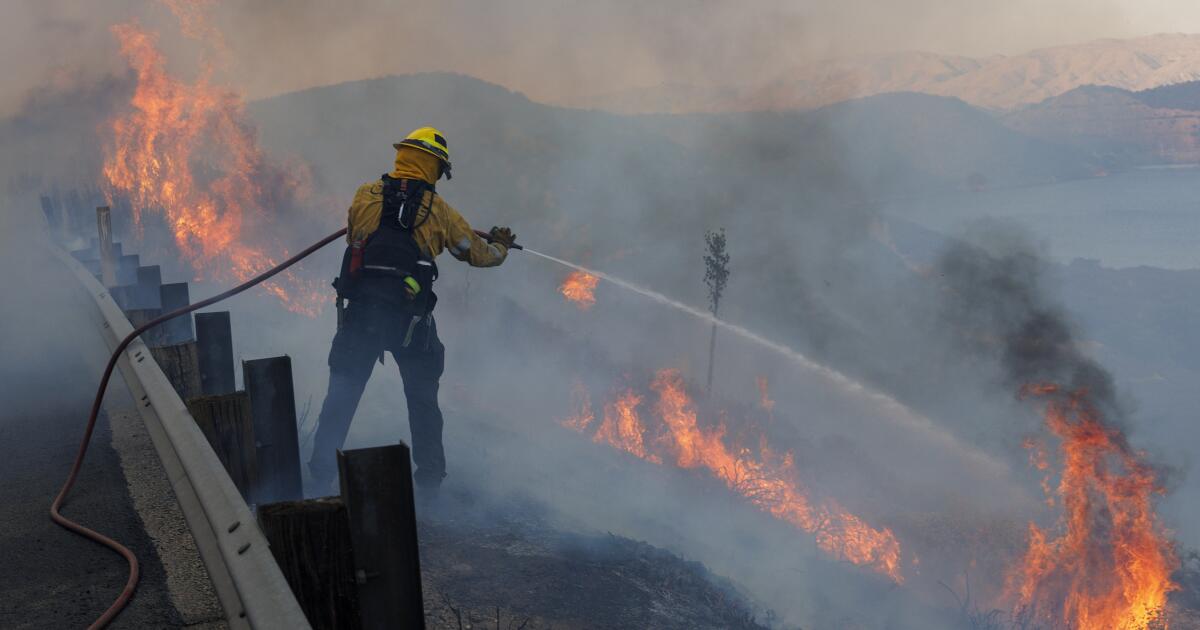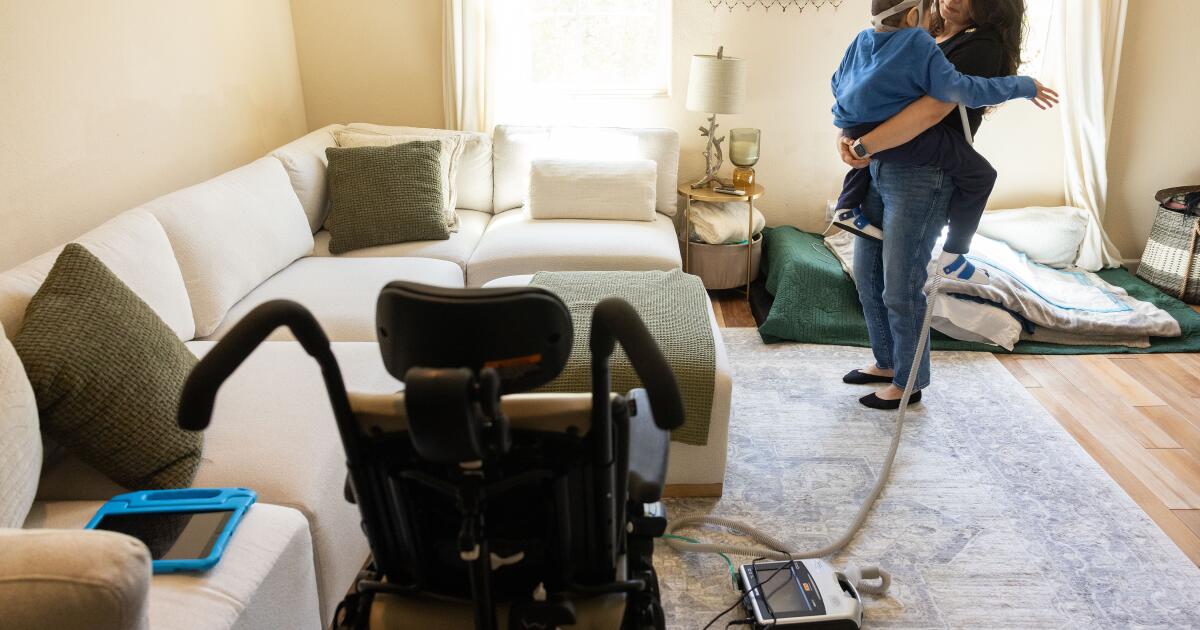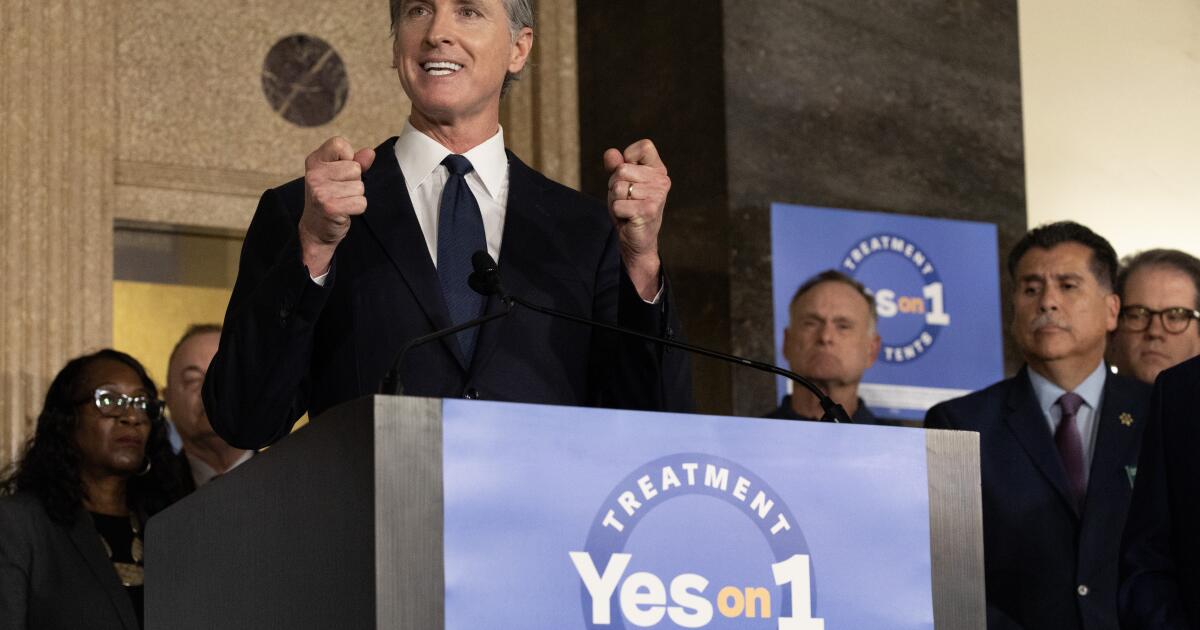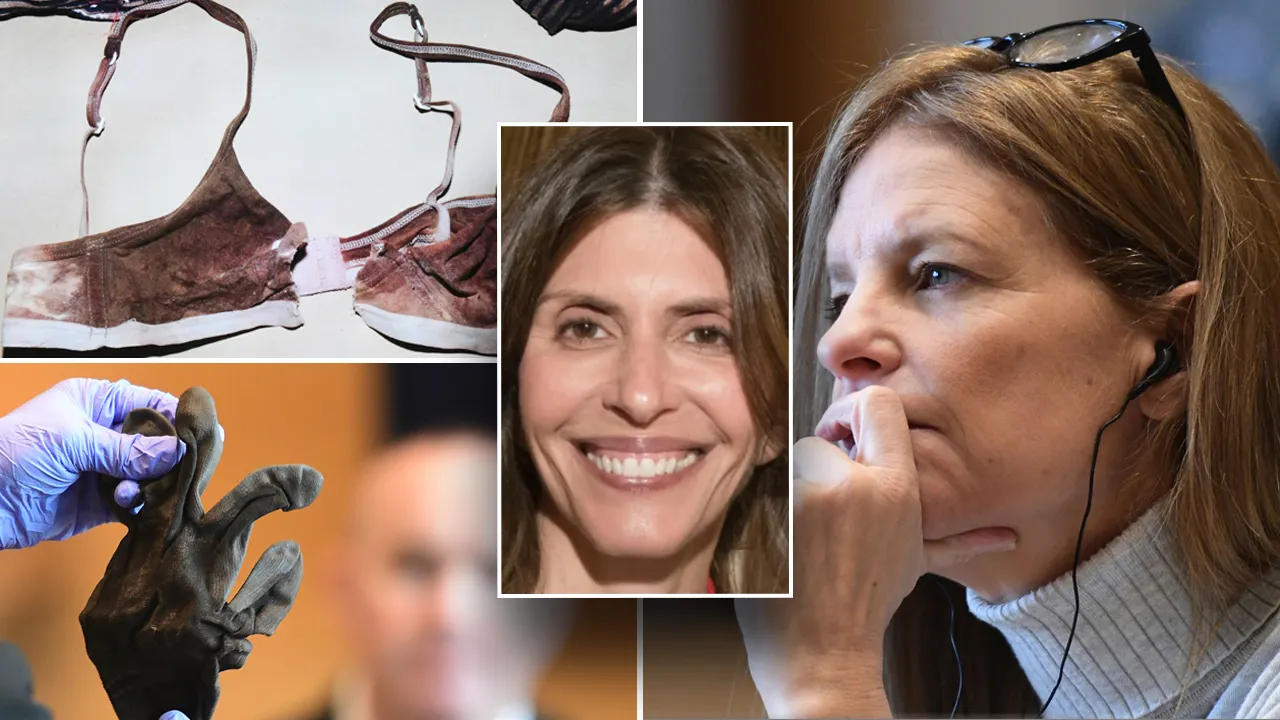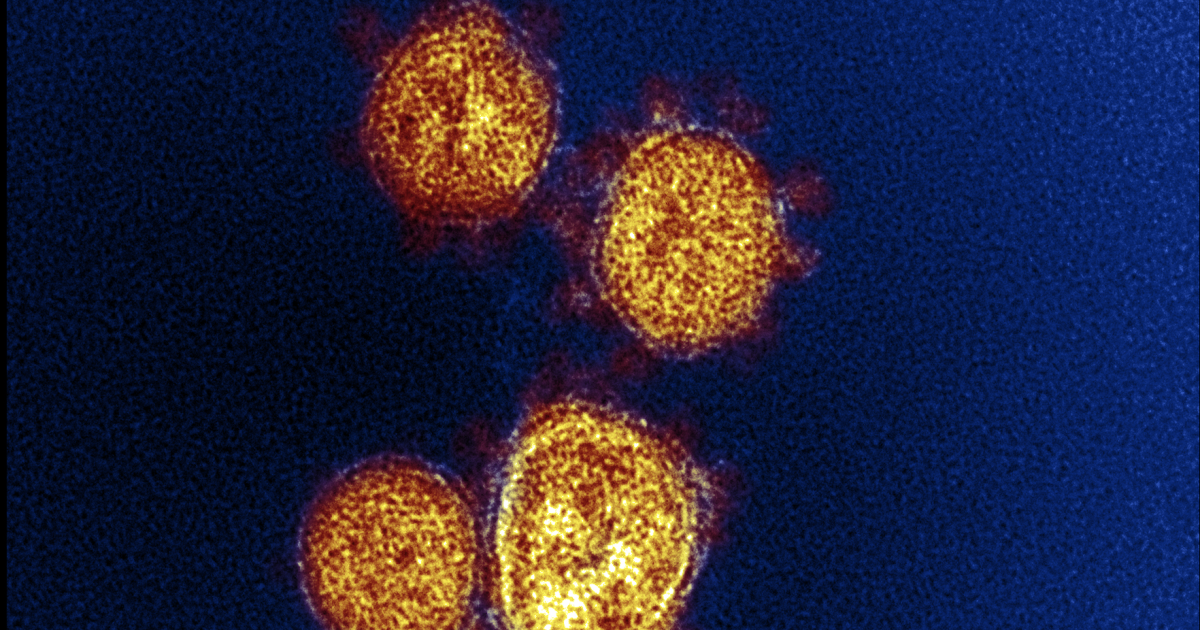When pro-Palestinian protests broke out across the United States, many universities relied on police to put an end to the demonstrations, a strategy that sparked a wave of criticism of administrators.
Since April 18, more than 2,400 students have been arrested amid protests on more than 50 campuses, according to authorities.
Here's a look at some of the campuses:
Columbia University: On April 30, dozens of protesters entered Hamilton Hall and barricaded themselves inside before the university asked the NYPD for help. Police officers arrived on campus that night and arrested 112 people, according to the New York Police Department.
University of Pennsylvania: Police broke up an encampment on campus on May 10 and arrested nearly three dozen people. The student newspaper The Daily Pennsylvanian reported that protesters were given a two-minute warning to disperse shortly before 6 a.m. The camp had been up for 16 days. At least 33 people were arrested without incident and cited for defiant trespass.
Massachusetts Institute of Technology: Law enforcement cleared an encampment at MIT on May 10, days after the university announced a “set of disciplinary consequences” for students who stayed past a deadline to leave. Protesters chanted “Free Palestine” as police dismantled the camp in Cambridge, Massachusetts, video from CNN affiliate WFXT showed.
University of Wisconsin-Madison: At least 12 people were arrested on May 1 when law enforcement officers dismantled tents and dismantled an encampment. Several people resisted arrest, according to the university, which said the camp violated school policy and a state law enacted by the legislature that limits certain types of activities on campus.
University of California, Los Angeles: Video footage from April 30 shows that some counterprotesters instigated the clashes. Many seemed dedicated to the pro-Israel cause. Police did little to intervene and law enforcement did not trace injuries caused by the attack. But according to camp organizers, more than 150 students “were assaulted with pepper spray and bear mace,” and at least 25 ended up being transported to local emergency rooms to be treated for injuries that included fractures, serious lacerations, and chemical-induced injuries. chemical products.
A snapshot of where arrests were made between April 18 and May 10:

